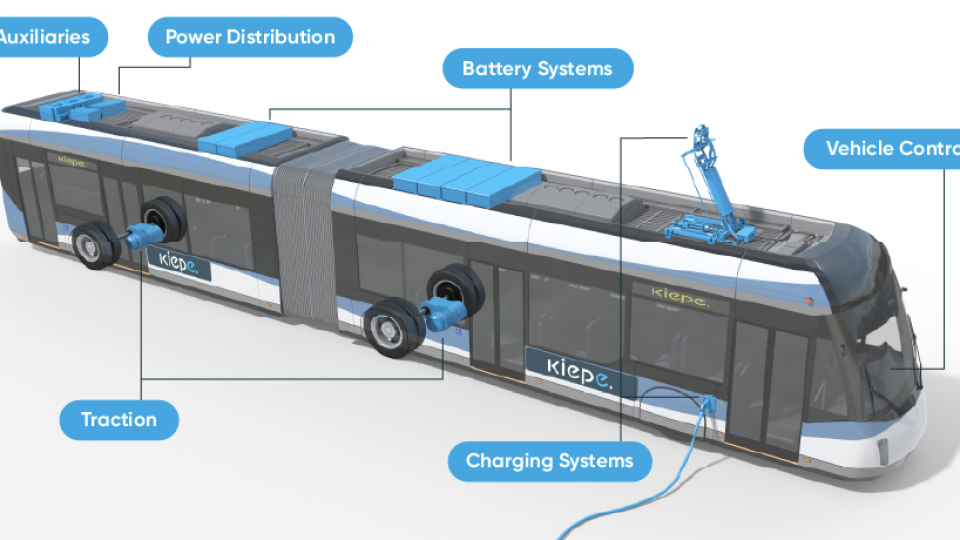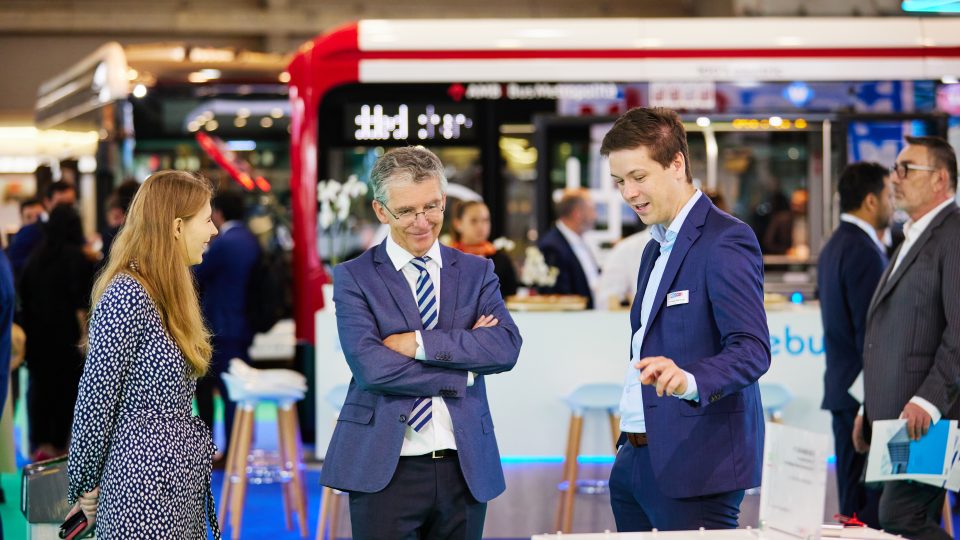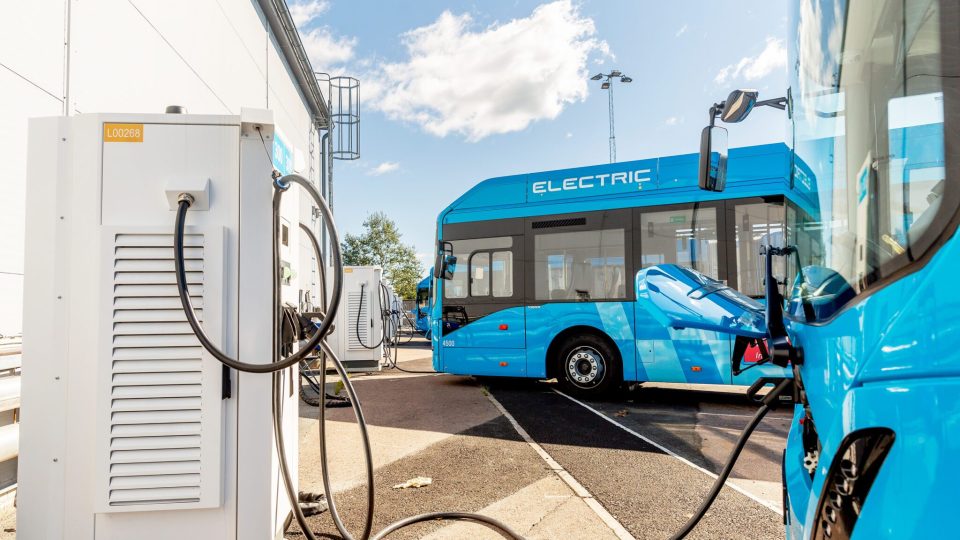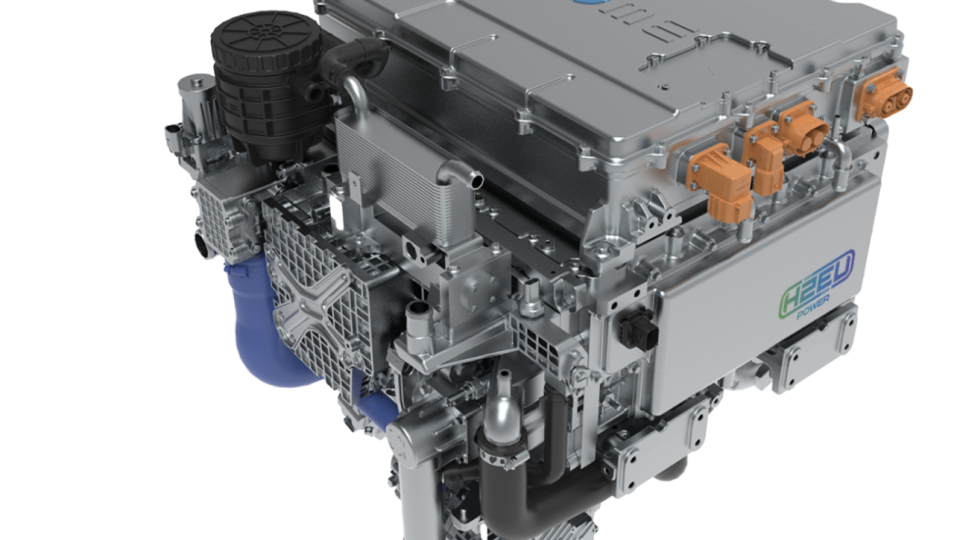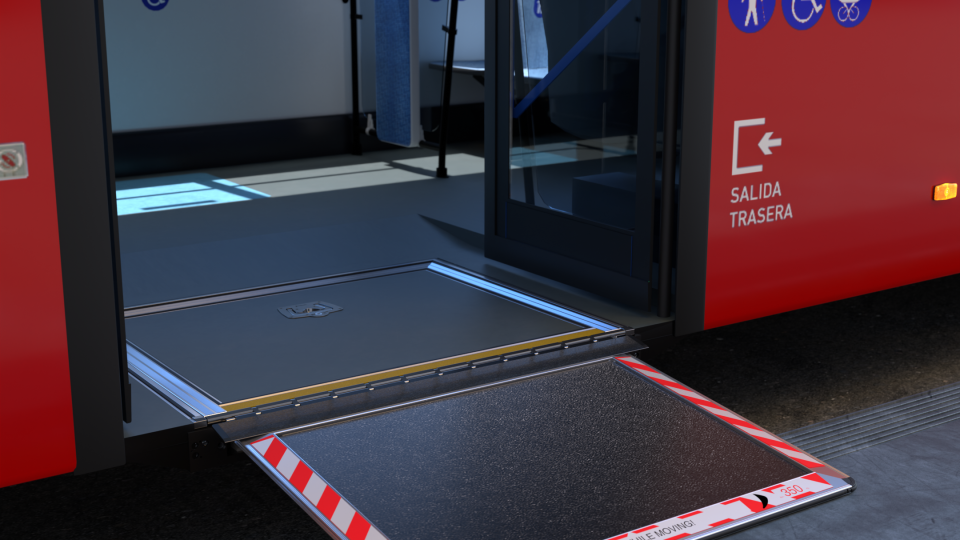The turnkey engine replacement service: so Cummins at Euro Bus Expo 2024
Public transport operators are grappling with environmental regulations and rising fuel costs: in this context, the decision to replace or renew entire bus fleets becomes increasingly complex. A possible alternative is then represented by the strategic replacement of bus engines. This approach offers a number of benefits, including significant cost savings, reduced environmental impact and […]
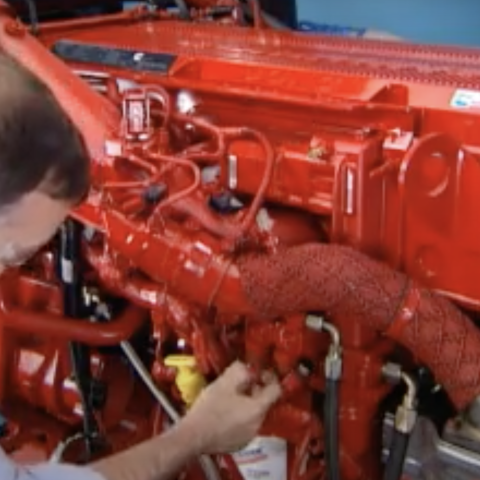
Public transport operators are grappling with environmental regulations and rising fuel costs: in this context, the decision to replace or renew entire bus fleets becomes increasingly complex. A possible alternative is then represented by the strategic replacement of bus engines. This approach offers a number of benefits, including significant cost savings, reduced environmental impact and increased operational efficiency.
And when the replacement option is a Cummins Euro VI engine, there’s the added attraction of a factory warranty of up to five years. And so at the Euro Bus Expo 2024 in Birmingham, the US giant promotes its “turnkey” solution for replacing powertrains.
Cummins have been contracted with several large city bus operators across Europe, including Transport UK London Bus, which operates a fleet of 560 Cummins-powered Alexander Dennis buses, and Arriva London.
By carefully considering the equation of ownership costs and long-term benefits, public transport operators can exploit the potential of engine replacement as a strategic tool for fleet renewal. This approach not only achieves substantial cost savings, but also helps make the transportation system more sustainable and efficient.
Modern engines can breathe new life into older bus chassis, extending their useful life and maximizing the return on investment. Additionally, they often incorporate advanced technologies that reduce maintenance requirements, resulting in long-term savings.
«Replacing an old Cummins engine with a factory new unit improves fleet performance and uptime and reduces service and maintenance costs», said Jake Harling, General Manager-Aftermarket Sales, UK & Ireland. He added: «The engine replacement is handled from start to finish by a team of Cummins service experts. Our goal is to minimize downtime and achieve the lowest total cost of ownership for our customers. In this ambition, we are aided by industry-leading technology, the best technical support and the best warranty in the industry».
«By adopting modern engine technology, operators can ensure compliance with increasingly stringent emissions standards, avoiding costly fines and improving air quality in urban areas. From an operational standpoint, new engines can deliver superior performance, resulting in increased horsepower, better fuel economy and smoother operation», said Jake Harling.


